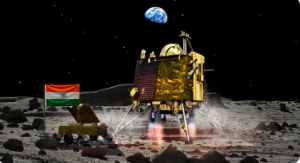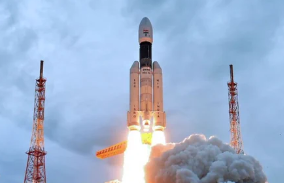Birsa Munda, a member of the Munda Tribe of the Chhota Nagpur Plateau, was an Indian freedom fighter, religious leader, and folk hero. He was a driving force behind the Bengal Presidency’s Millenarian movement (Present-day Jharkhand)
He was born on November 15, 1875, in Ulihatu, Bengal Presidency, now in the Khunti district of Jharkhand, and was named after that date in accordance with Munda tradition. He received his early education at Salga, where he was taught by Jaipal Nag.
He grew up surrounded by Christian missionaries whose ultimate goal was to convert as many tribal people as they could. His teacher advised him to enrol in the German Mission school, but Munda was forced to convert to Christianity in order to be accepted. After the conversion, he was renamed Birsa David and then Birsa Daud. Birsa left the German Mission School after a few years of study. Between 1886 and 1890, Birsa Munda spent a lot of time in Chaibasa, which is now in Jharkhand and was close to the Sardars’ centre. This had a profound effect on the young Birsa, who soon joined the anti-missionary and anti-government movement.
Birsa learned about Hindu religious teachings from a Vaishnav monk and studied ancient scriptures such as the Ramayana and Mahabharata. He desired to reform the tribal society, so he encouraged them to abandon their beliefs in witchcraft and instead focus on prayer, abstaining from alcohol, having faith in God, and following a code of conduct.
Birsa Munda then founded a new religion called Birsait. The religion believed in One God and encouraged them to revert to their original religious beliefs. People started referring to him as an economical religion healer, a miracle –worker and preacher. People belonging to Oraon and Munda became convinced Birsaites, and many started referring him ‘Dharti Abba or Father of Earth’.






